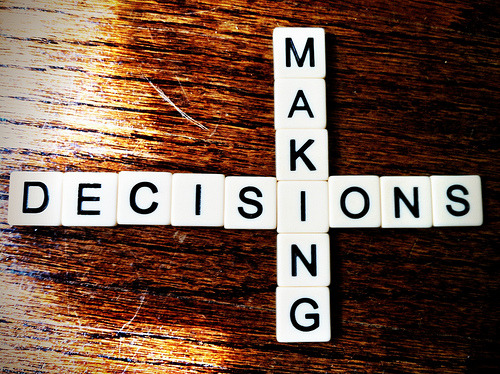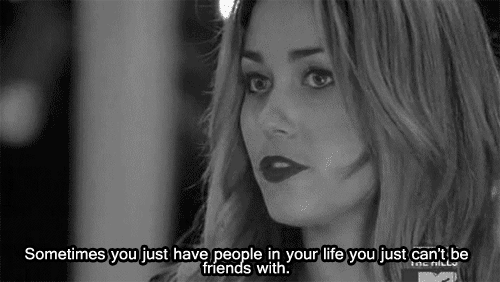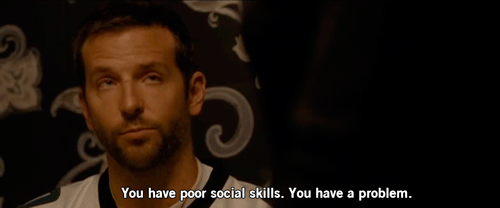
On Thursdays, I start class at 9 a.m. and finish at 8 p.m. I’m at UTM until 11, followed by a three-hour break, and then I commute to Sheridan for two back-to-back three-hour lectures.
Thursdays stress me out.
Long-day students, unite! Whether you have an 11-hour day like me, a 12-hour day, or (scary!) even longer, there are methods of survival for this potentially stressful day (or days D:).
I’ve picked up a few useful tips I wanted to share with anyone reading this from my experience with the 9–7, 9–8, 10–9 types of days.
Have an awesome bag for your stuff
First and foremost, your bag has to be efficient. Obtain a sizeable bag that you are comfortable carrying around all day—not too large or too heavy. Test your bag on your body! My bag is a bottomless pit that slings over my arm or my shoulder.
Ask yourself: Will the bag fit my books, my laptop, and my food?
You’re going to need a water bottle.
There are water bottle refilling stations all around campus. Ensure that your water bottle is always full and you are always hydrating yourself. I have a UTSU water bottle and down at least three bottles of water a day to help me focus and stay energized.
Ask yourself: Will the bottle fit in my bag and remain easily accessible?
Let’s not forget about food.
Hunger can totally make or break your day. Pack food in your bag! Even a bunch of little snacks tossed in your bag will keep you focused. An apple, a granola bar, and some pasta is usually what I keep, and some money just in case I want tea or coffee.
Ask yourself: Will I be full all day?
Your wallet is bae.
Excuse my slang. Your wallet is the key to your day. A few important things to keep in your wallet are your T-Card, your U-Pass, your Presto card, your debit card, and some change. You can’t predict how your long day will unfold, and having transportation options and money on hand really helps you feel independent and able to take on your day. I forgot my wallet on my bed yesterday—that was not a fun 10-hour day.
Ask yourself: Is my wallet in my bag at all times?
Have something to do during any breaks.
Readings, assignments, gym, food. Usually what will keep you going through a break—be sure to pack according to what you plan to use your break for.
In my opinion, long days are all about planning efficiently. Even if you have to make a list of what you need to survive your long day, take five minutes and write reminders for yourself the night before!
For me, the most important part of getting through a long day is in the mind. Don’t think about how long your day is—breathe, and just do it.
Long days are survivable—share your survival tips with me below :). Please… Help…







